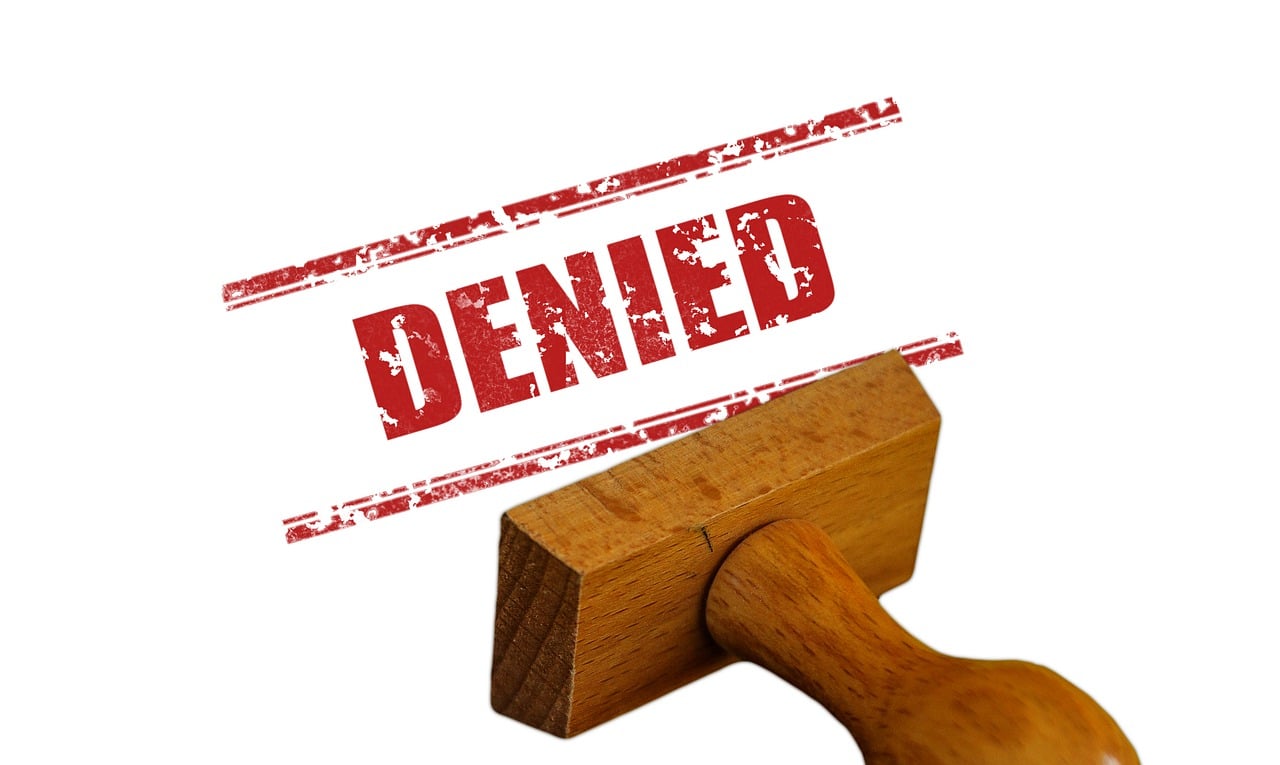being denied insurance cover on the grounds of pre-existing conditions is a recurring grievance for lakhs of Indian customers, often shockingly at the time of rembursement claims or cashless admissions. Health and life insurers rely on policy exclusions or alleged suppression of medical history by the patient. However, courts and regulators have imposed limits on this power to repudiate.
Why insurers deny claims
Insurers typically rely on the legal doctrine of uberrimae fidei (utmost good faith) and policy terms that the buyer signed on. However, such denials are not always lawful or sustainable.
Common grounds to deny claims include:
Non-disclosure | The claimant failed to reveal a condition or treatment in the proposal form. |
Material misrepresentation | The insurer argues that the undisclosed condition would have altered the risk assessment or premium, especially if no investigations were done when the policy was issued, |
Exclusion clauses | Policies usually feature a waiting or exclusion period (commonly 12 to 48 months) during which claims for pre-existing illnesses are barred. |
Lack of nexus | The insurer argues that the treatment claimed is directly related to a pre-existing condition. |
Section 45 of the Insurance Act | After two years of cover, the insurer’s right to re-examine non-disclosure claims is restricted, except in cases of fraud. |
Prominent Indian court decisions
Several court and consumer forum rulings underscore that a denial must rest on solid evidence, close nexus with the claim, and conformity with statutory constraints.
- In a recent ruling, the Kerala High Court quashed LIC’s repudiation of medical insurance, holding that rejection based on unrelated pre-existing conditions or after expiry of the statutory challenge period under Section 45 is untenable. The court emphasized that once treatment is medically advised and undertaken, an insurer cannot arbitrarily refuse approval — doing so may violate Article 21 (right to life).
- The Delhi State Consumer Commission held that denial on pre-existing condition grounds is unsustainable if no medical test was conducted at policy issuance, especially for common lifestyle diseases like hypertension or diabetes.
- In the Vadodara Consumer Forum, a denial by HDFC Life was contested: the court held the insurer must prove that the non-disclosed condition materially affected life expectancy.
- In Tarlok Chand Khanna vs United India Insurance Co. Ltd. (2011), the onus was held on insurer to prove a pre-existing disease and exclusion clause applicability.
In 2020, the Insurance Regulatory and Development Authority of India (IRDAI) revised the definition of pre-existing conditions, removing the “additional/modified clause”, thus restricting arbitrary exclusions.
What to know and do
| Be transparent | Truthfully disclose all past illnesses, treatments, medications, and hospitalizations, even if cured, to the best of your knowledge. |
| Understand policy limits | Different kinds of policies exclude or include diseases by design. Read all incluions and exclusions before signing up. |
| Understand waiting/exclusion periods |
|
| Retain all documentation |
|
| Check medical test clauses | If no medical tests are required, check the policy document for what grounds the insurer can invoke to challenge non-disclosure. |
| Invoke Section 45 rights | 2 years after the policy was issued (or reinstated if there was a break), an insurer typically cannot repudiate on grounds of non-disclosure, unless major fraud is committed. |
| Compare insurer claim track record | Avoid insurance providers with a poor reputation for claim settlement and opaque practices. |
| Seek grievance redressal early |
|
| Legal consultation | Consult a lawyer with experience in insurance, who can help you using landmark judgments to challenge arbitrary refusal. |
Keywords: denial of insurance benefits, pre-existing conditions insurance India, insurance claim repudiation India, Kerala High Court LIC claim denial, Section 45 Insurance Act India, consumer rights health insurance India, non-disclosure pre-existing disease, IRDAI rules pre-existing disease, insurance claim court cases India, what to know when buying insurance








